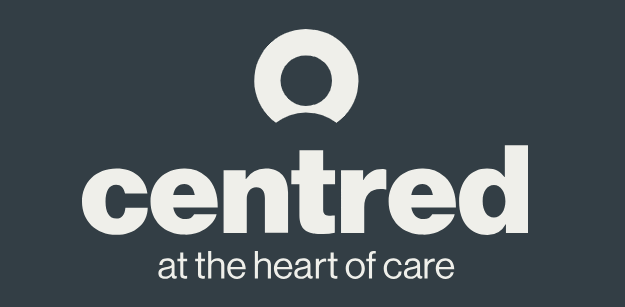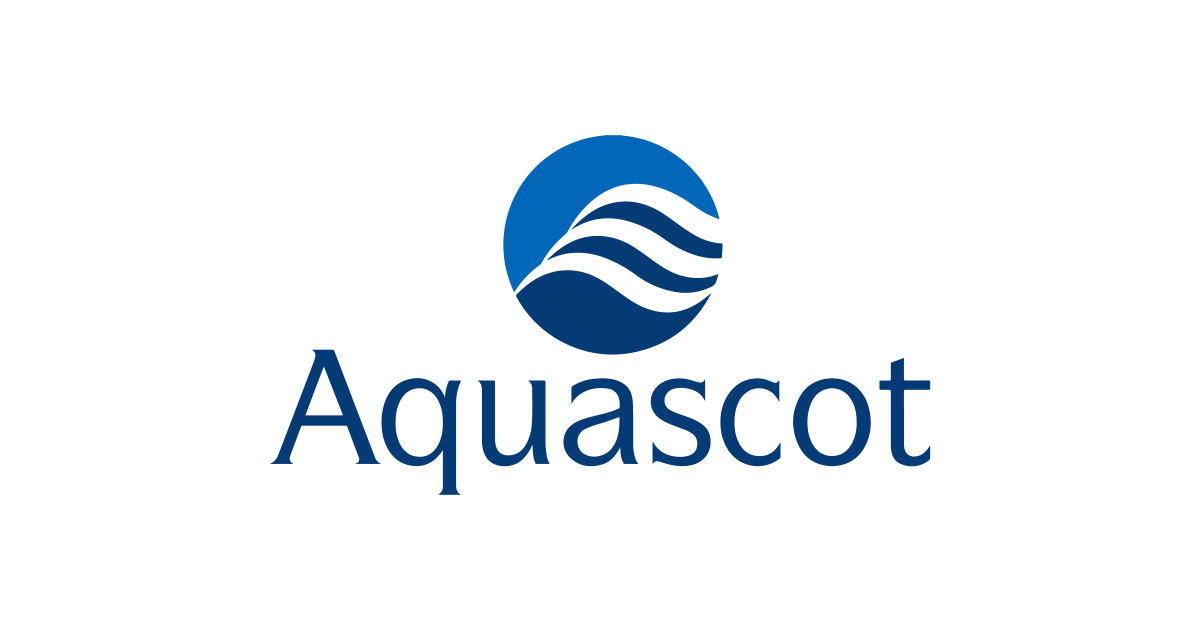A few weeks ago, we posted a blog about some of the email scams that are being used to manipulate people into sharing their personal information during the COVID-19 pandemic. This fraudulent activity is on the rise and comes in many different variations and guises but are essentially the same scam. So, to help combat this issue further, we wanted to share some more information to help keep you cyber safe!
Decrease the amount of unwanted emails
Ensure there is basic security in place, including firewalls, anti-virus software and email filters to stop malicious IP addresses or domains for example. Always keep your computer up to date with the latest security patches.
Use two-factor authentication
Many of these attacks rely on getting a password one way or another. Using two-factor authentication – ensuring another form of identification is needed, such as a security code sent to your mobile phone or email – where available, will make it more difficult for hackers to get into an account.
Update and check your security regularly
Use basic security software that stops malicious attacks and warns you about suspicious activity. This includes firewalls, anti-virus, malware and spyware detection software.
Always do a regular check to make sure that web browsers and security software have the latest updates and security patches.
Employee Training
Ensure Employees are Aware of Security Best Practices, including these simple tips:
- Do not click on links in a suspicious email. Always visit websites directly.
- Be cautious of email attachments from unknown addresses.
- Only install approved applications.
- Only download software or upgrades from the right website. Even when using a trusted site, double-check the URL before downloading to make sure you haven’t been directed to a different site.
- Recognize the signs that your computer is affected.
- Always notify your IT Support of any suspicious signs on your computer.
Have separate devices for work and personal use
Keep computers used for personal use such as social media, personal emails and general internet browsing separate from computers used for jobs such as processing financial information.
Practice good password hygiene
- Change the passwords on computers, security software, payment software, servers, modems, and routers from the default passwords provided
- Use a combination of upper-case letters, numbers and special characters… or even better a password generator to give you a strong password.
- Never re-use passwords on different systems and accounts. Using a password safe service will help you remember and securely manage your passwords.
- Immediately change any password that you think may have been compromised.
IT Support Inverness
sfG Software provides IT Support services to businesses in Inverness, the Highlands and beyond. The areas we can help you with include it support help desk, proactive remote monitoring, server and desktop support, network systems design, management and support, backup, business continuity and disaster recovery services, hardware and software advice and procurement.


























